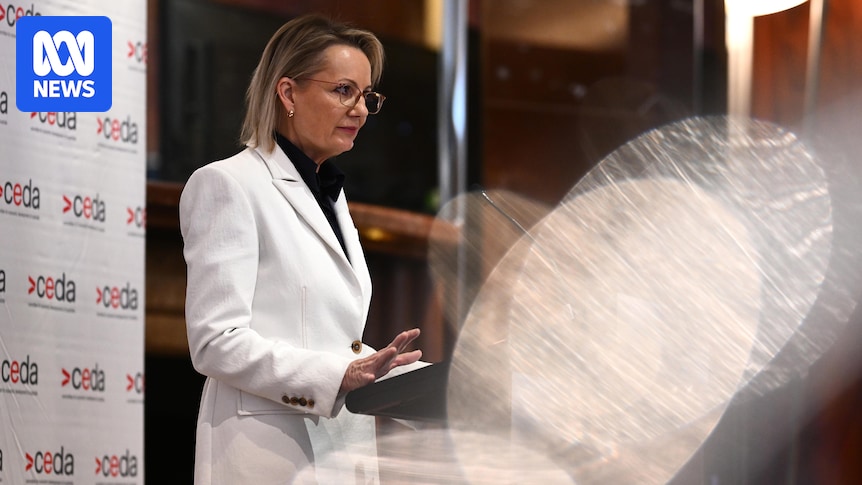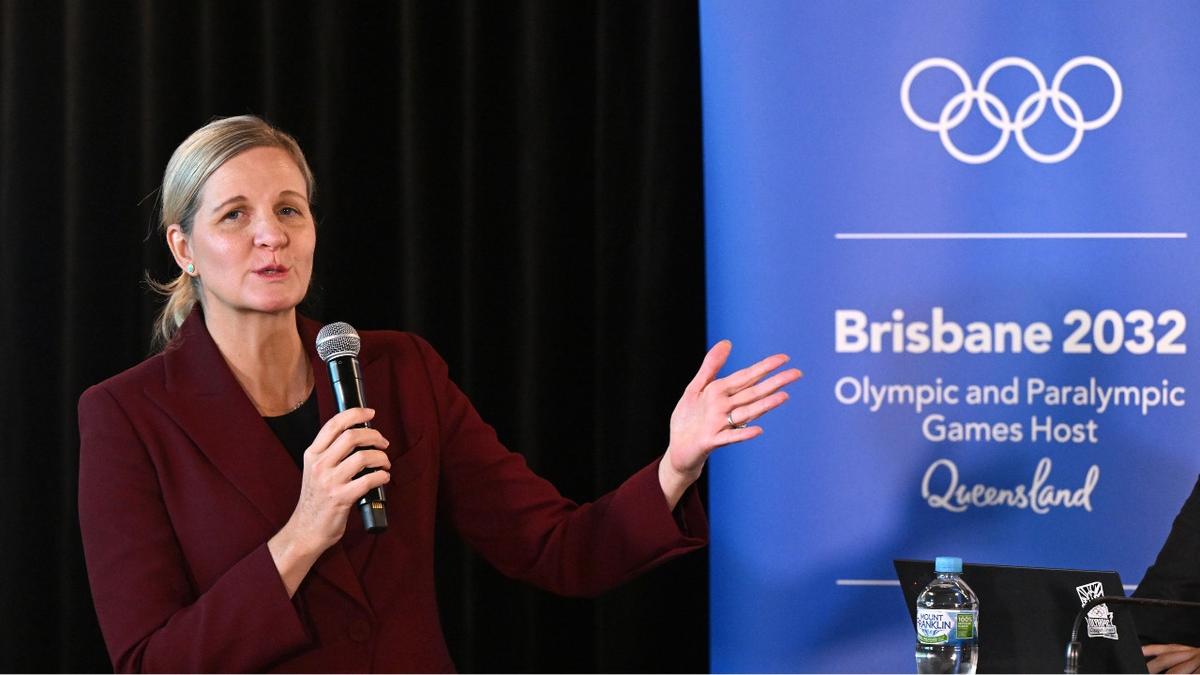
Opposition Leader Sussan Ley has expressed deep skepticism about the Australian government’s forthcoming 2035 climate target, as Prime Minister Anthony Albanese returns from Papua New Guinea without a promised defense treaty. The prime minister’s visit to Port Moresby was intended to celebrate PNG’s 50th anniversary of independence and finalize a significant defense agreement. However, the anticipated treaty remains unsigned, echoing a similar setback with Vanuatu just a week prior.
The delay in these treaties has drawn sharp criticism from the opposition. Sussan Ley remarked that Australians have a right to question the government’s handling of these defense agreements. “We have every right, as Australians, to feel very disappointed at this misrepresentation of the status of these defense agreements with our nearest neighbors,” she stated.
Opposition’s Concerns on Foreign Policy and Economic Dependency
Shadow Foreign Affairs Minister Michaelia Cash echoed Ley’s sentiments, describing the situation as “another foreign policy embarrassment for the Albanese government.” Cash emphasized the need for securing support before such diplomatic trips. The opposition remains hopeful for the success of the PNG treaty but is critical of the government’s approach.
Meanwhile, Sussan Ley delivered her first economic speech since becoming opposition leader, highlighting concerns over Australians’ dependency on welfare and government subsidies. She stressed the importance of managing the budget to ensure the sustainability of essential services. “If we don’t manage the budget properly, then those essential services, including the safety net for Australians, who need help and who should expect help, are at risk,” Ley warned.
Debate Over Climate Targets
As the government prepares to announce its 2035 climate target, Ley expressed skepticism about the cost implications for consumers and households. “We’re not on track to meet [the] 2030 82 percent renewables target. If further targets are put in place, what will be the cost?” she questioned. Ley called for transparency from the government regarding the financial impact of these targets.
Shadow Treasurer Ted O’Brien defended the opposition’s internal debate over net zero, stating, “There are fewer more important discussions than Australia’s energy future and this is why the Coalition must have a robust debate.” He emphasized that the opposition will not support net zero “at any cost.”
Albanese’s Diplomatic Challenges and Future Climate Commitments
The prime minister’s recent Pacific diplomacy efforts were intended to secure major agreements, yet he returns with only promises and plans for future actions. This outcome has sparked comparisons to Oscar Wilde’s The Importance of Being Earnest, with Australian diplomats in the Pacific facing an uncomfortable reality.
Prime Minister Albanese and Climate Change Minister Chris Bowen are set to announce a 2035 emissions target that aims to balance ambition with practicality. This target is expected to be more ambitious than those of Canada and New Zealand, yet less so than the United Kingdom’s. The decision, one of Labor’s most significant this term, will be finalized in a cabinet meeting before being presented at the United Nations General Assembly in New York.
The announcement follows the release of the first National Climate Risk Assessment, underscoring the urgency of addressing climate change impacts. As the government navigates these complex issues, the opposition continues to scrutinize its strategies and advocate for a more transparent approach.
Looking Ahead: Political and Environmental Implications
The unfolding political dynamics highlight the challenges faced by the Albanese government in balancing international diplomacy, economic management, and climate commitments. As the opposition pushes for clarity and accountability, the government’s ability to deliver on its promises remains under the spotlight.
With the upcoming climate target announcement and ongoing diplomatic efforts, the government’s actions in the coming months will be critical in shaping Australia’s political and environmental landscape. The opposition’s calls for robust debate and fiscal responsibility reflect broader concerns about the nation’s future direction.







